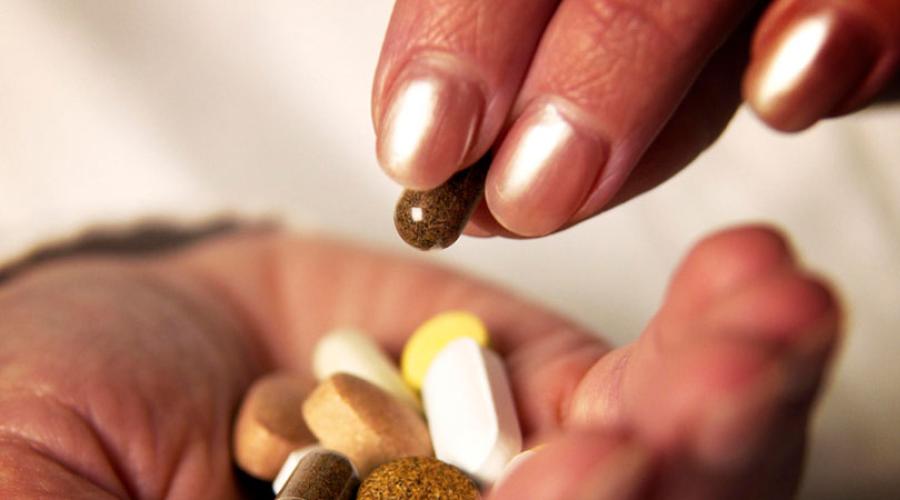
Written by Risa Schulman PhD
An estimated 144 million Americans routinely take at least one dietary supplement – a vitamin, enzyme, mineral or herb – to support their health; a percentage that’s increased over the last 20 years.
Coenzyme Q10 (CoQ10) is among the most popular dietary supplements in North America. Researchers have published dozens of studies showing that CoQ10, especially in its advanced Ubiquinol form, supports a healthy heart and assists in the creation of cellular energy used by our most important organs.
CoQ10 is very popular. Especially in its advanced Ubiquinol form, the supplement supports a healthy heart and assists in the creation of cellular energy used by our most important organs.
Different dietary supplements can complement one another the same way different flavors pair well together.
The Ubiquinol form of CoQ10 is an excellent supplement for those wishing to support heart health. Here are three other nutritional supplements that Ubiquinol CoQ10 users might find interesting.
Resveratrol and Ubiquinol
Resveratrol is a polyphenol (a micronutrient) found in in red wine, red grape skins, purple grape juice and peanuts.
Its potential benefits first came to light in the late 1980’s when French scientists noted a relatively low rate of heart disease in the French people despite them eating a diet rich in cholesterol and saturated fat (called the French Paradox).
With more study, scientists found a link between the frequent but moderate consumption of red wine and good heart health. Animal and human studies have shown that the resveratrol naturally present in red wine helps promote blood circulation in the arteries and supports the health of blood vessel walls.
Supplement brands often market resveratrol as an antioxidant that supports cardiovascular health and healthy aging. Because resveratrol is thought to promote heart health in a different way than Ubiquinol CoQ10, some brands combine the two nutrients into one dietary supplement.
L-Carnitine and Ubiquinol
L-Carnitine is a naturally-occurring, non-essential amino acid produced by most of our body’s cells.
This nutrient is critical for turning fat into energy. It does this by transporting long chain fatty acids into the mitochondria, where most cellular energy is created, especially when the body doesn’t have enough glucose to power itself.
Inside the mitochondria, fatty acids are oxidized and energy is harvested. This is also where Ubiquinol CoQ10 plays an essential role in the production of cellular energy by serving as an electron donor in the electron transport chain.
Our hearts have virtually no reserves of glucose for energy; fatty acids are its main source of fuel. This makes L-Carnitine especially important for proper heart function. Taking it with Ubiquinol makes sense to support our bodies’ unending requirement for energy.
Supplement brands often market L-Carnitine as supporting energy production and helping with fat metabolism.
Alpha Lipoic Acid and Ubiquinol
Alpha Lipoic Acid (ALA) is a naturally occurring fatty acid made in small quantities in the body. It is part of several multi-enzyme complexes that help produce energy.
The roles of Ubiquinol and ALA meet during the critical processes of energy production and antioxidant defense. Their shared biochemistry makes them natural partners when it comes to creating energy and supporting cellular health.
Alpha Lipoic Acid is an antioxidant that is both water and fat soluble so it can work throughout the body. As you may know, the Ubiquinol form of CoQ10 is also a potent, fat soluble antioxidant.
Ubiquinol CoQ10 and ALA are especially unique in that they’re both “antioxidant recyclers” meaning they can reactivate “spent” antioxidants into active ones.
It’s common for supplement brands to promote ALA for its antioxidant and free radical scavenging properties.
Don’t Forget Diet, Exercise, and Your Doctor
Remember that dietary supplements by themselves aren’t the key to good health. A balanced diet, regular exercise and an annual physical are essential to maintaining good health.
Talk to your doctor or pharmacist before starting a new supplement. They can help make sure it won’t interfere with any medicines you take. Also, be sure to seek the advice of your health care provider if you have any questions or concerns about your health.












